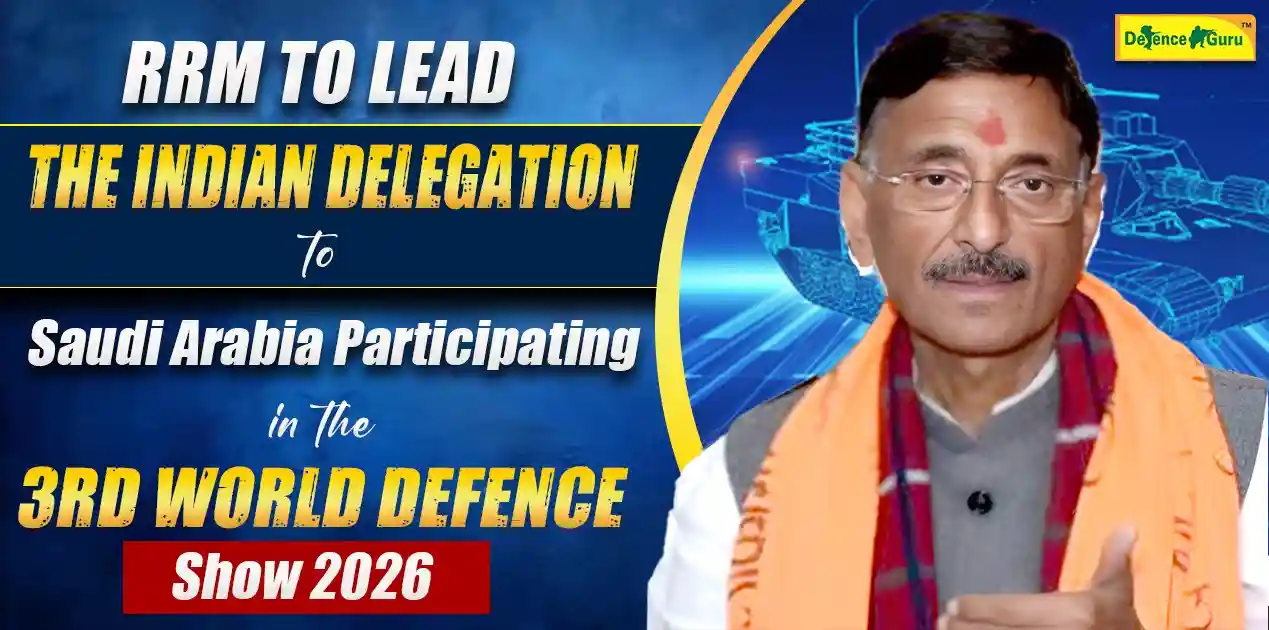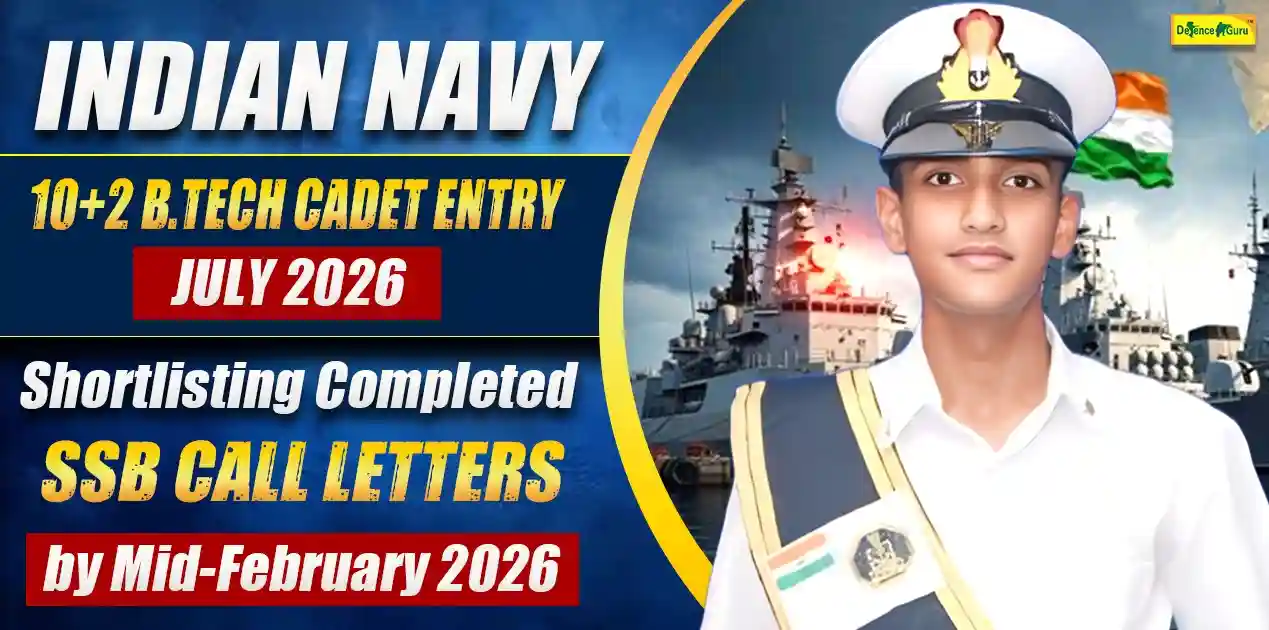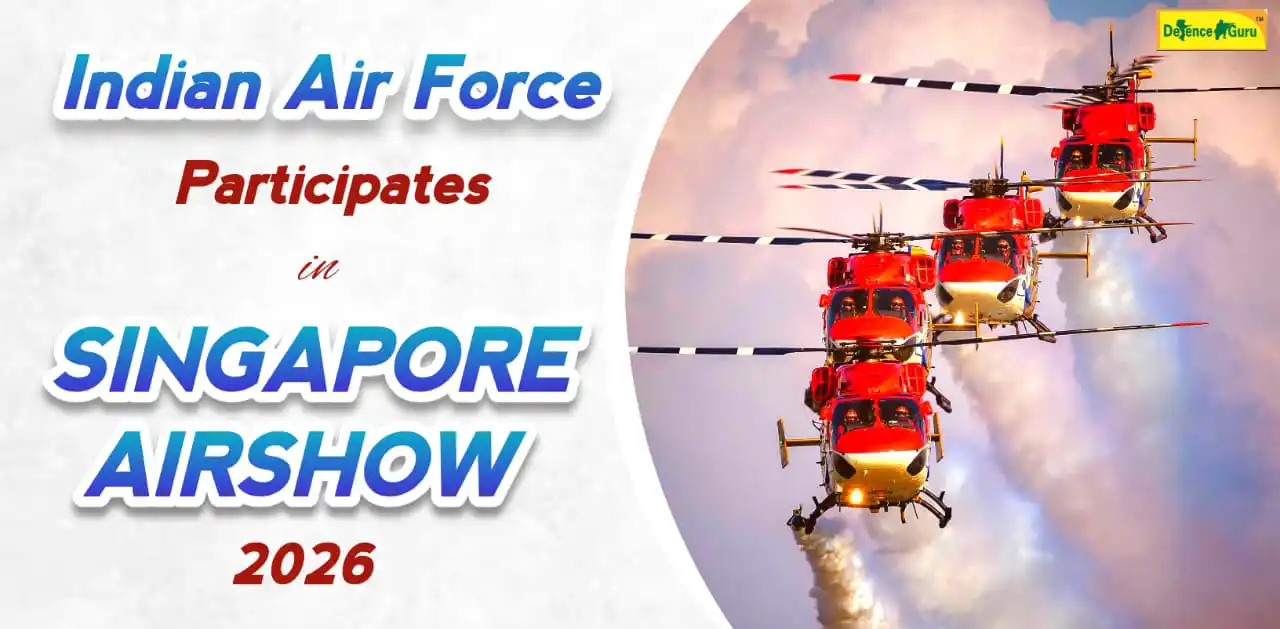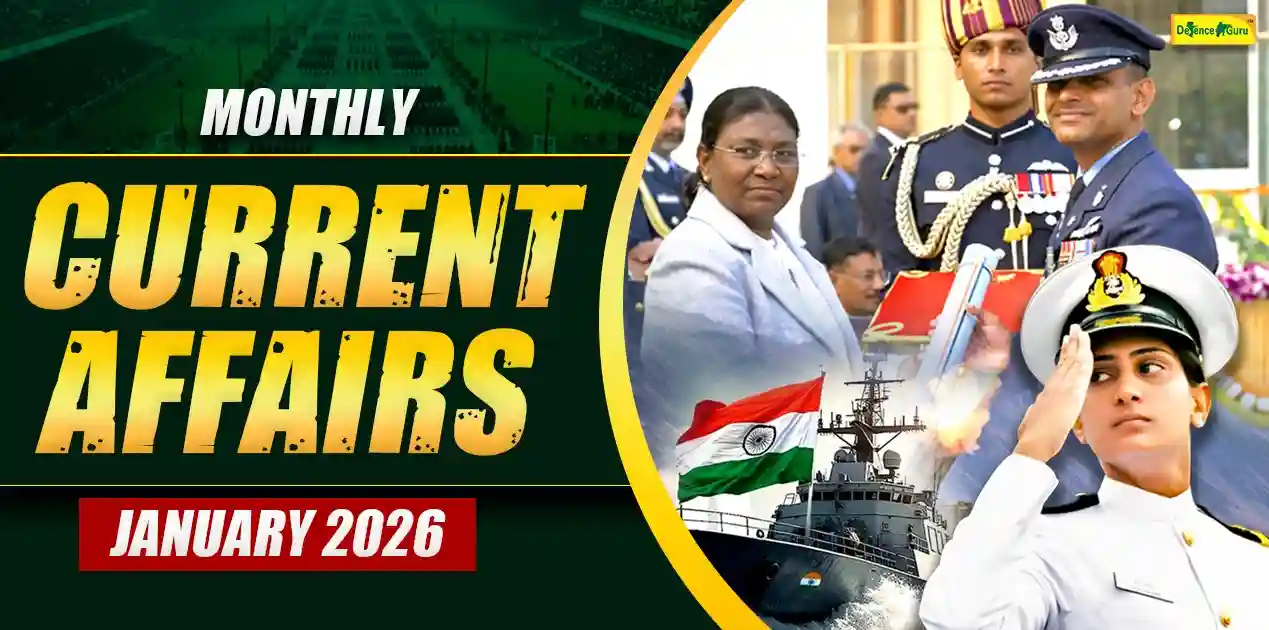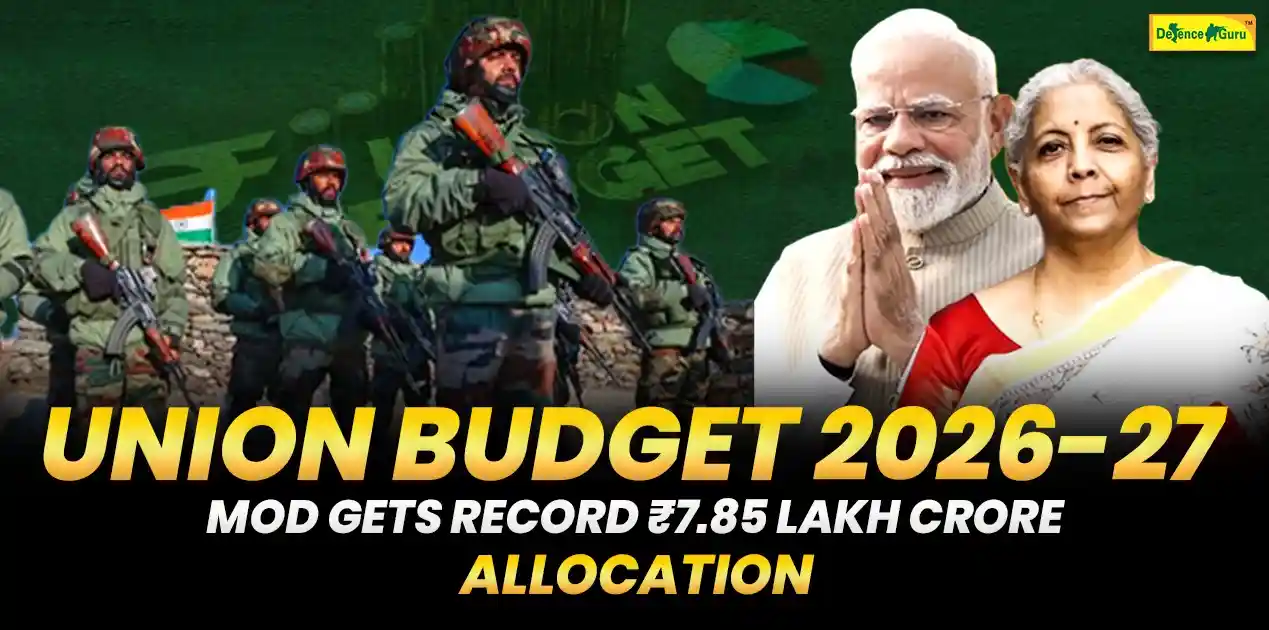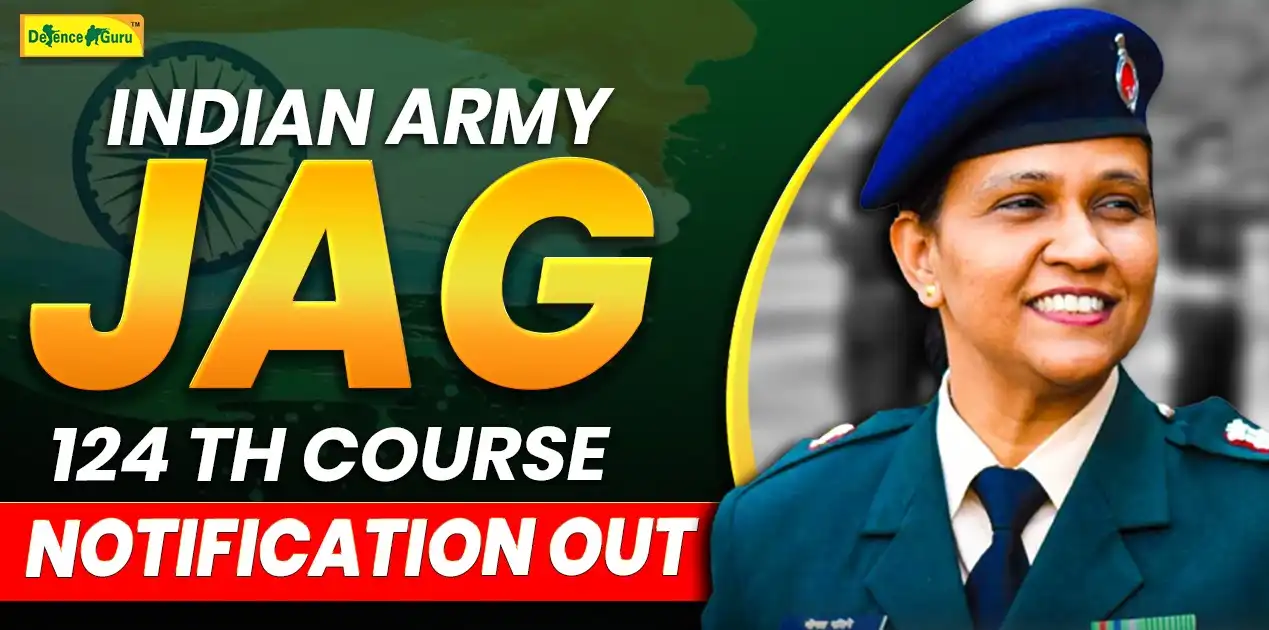Latest Lecturette Topics for SSB Interview with Answers
Lecturette is one of the tests conducted as part of GTO tests. In this test, candidates have to deliver a lecturette on any given topic. Lecturette is one of the toughest tests in SSB for candidates. Less knowledge about Lecturette topics and stage fear makes Lecturette even tougher. Lecturette Test is conducted to evaluate thought processes, ability to influence others, knowledge, and confidence. It should be noted that Lecturette is not a test of knowledge only. Lecturette is a test of communication skills, which is why candidates should speak confidently.
Tips for Lecturette Test
- Candidates should be well aware of National and International Issues.
- Lecturette is conducted in English only, which is why candidates must work on their English communication skills.
- Candidates should make short notes on recent issues so that they can revise lecturette topics before going for SSB.
- Candidates should do ‘mirror practice’ to improve their self-confidence.
- Candidates should look at the candidates while delivering their lecturette.
- Candidates must complete their lecturette in the given time only; they should not take more or less time to speak on any topic.
- Candidates should choose only those topics in which they are comfortable.
- Try to structure your lecturette in three parts- 1. Introduction 2. Body(Details) 3. Conclusion
- Try to speak in Hindi when you are stuck but immediately switch back to English.
|
Lecturette Topic |
Details |
|
1. Srilankan Economic Crisis |
The Sri Lankan economy has faced many economic crises over the years, with one of the most recent being the economic crisis in 2018-2019. During this period, prices of goods increased, and common goods became unaffordable for common people. In the same period trade deficit, the falling value of the currency, and an increasing debt burden worsened the srilankan economic crisis.
The root causes of the crisis included a large fiscal deficit, high debt-servicing costs, and insufficient foreign exchange reserves. The government responded to the crisis by seeking assistance from international lenders, implementing austerity measures, and undertaking economic reforms. However, the Covid-19 pandemic had increased the economic challenges faced by Sri Lanka, leading to the economic crisis.
During this economic crisis, the Indian government helped Sri Lanka to a great extent by giving financial aid and relief packages. India had sent food aid, medical supplies, and essential fertilizers to help Sri Lanka in its need of hour. |
|
2. Russia-Ukraine Conflict |
The Russia-Ukraine conflict refers to the ongoing war between Russia and Ukraine that started last year. The conflict started after the Ukrainian government decided to increase its closeness with NATO and the European Union. Russia had warned Ukraine not to take sides with the western countries. But Ukraine under current president Volodymyr Zelenskyy became pro-west. This resulted in the outbreak of war between Ukraine and Russia.
Pro-Russian separatists declared independence from Ukraine. The conflict has turned into a war, with fighting between Ukrainian government forces and the separatists, leading to thousands of deaths and displacement of civilians. Russia has captured a big part of the territory in eastern Ukraine and declared them as a part of Russia. But in this conflict, Russia has suffered heavy losses.
India has not taken any side in this conflict and remained neutral. India has not bought Russian oil. Now Russia has become the largest supplier of crude oil. The world economy has suffered huge losses due to Russia- Ukraine Tensions and there is the risk of nuclear war also. |
|
3. G-20 |
The G-20 (Group of Twenty) is an international forum comprising 19 countries and the European Union. G-20 is a grouping of the world's 20 largest economies. The G-20 was established in 1999 as a forum for international economic cooperation.
G-20 holds annual summits attended by the leaders of member countries. The aim of the G-20 is to promote economic growth, international trade, and financial stability, as well as to address global economic challenges such as poverty, inequality, and environmental degradation.
The G-20 countries together account for over 80% of the world's gross domestic product (GDP) and two-thirds of the world's population. The G-20 operates through a system of consensus-building and cooperation, and its decisions are not legally binding. The organization plays a significant role in shaping global economic policies and addressing challenges facing the global economy.
India is going to host the 18th G-20 meeting. The theme of India’s G20 Presidency is “Vasudhaiva Kutumbakam” or “One Earth, One Family”. The current G-20 Summit is a big opportunity for India to showcase its culture, rich traditions, and capabilities. |
|
4. Green Hydrogen |
Green Hydrogen is expected to be a big source of our energy needs. The government has recently taken many decisions to promote Green Hydrogen as a source of energy. The Indian government has recently started a hydrogen-powered train also.
Green Hydrogen does not emit any carbon during its use thus it is a clean fuel that will help to reduce environmental pollution. Green Hydrogen is a renewable energy source which is why it will be a sustainable source of energy. The production process of Green Hydrogen is very simple which makes it a cheaper source of energy.
The Indian government has recently started a program namely SIGHT (Strategic Intervention for Green Hydrogen Transition). Under this program, the government will promote green hydrogen as an alternative fuel and invest in research and development of green hydrogen.
Green Hydrogen, being a clean and cheap source of energy, has the potential to transform the energy security of India. After the development of Green Hydrogen as regular fuel, India will not have to depend on other countries for the supply of oil. |
|
5. Role of Media in the development of a country |
The media plays a very important role in the development of a country. The media is also known as ‘the fourth pillar of democracy’.The media informs citizens about important issues and events, provides a platform for diverse perspectives and opinions, and promotes transparency and openness in government and other institutions.
During the Independence Struggle, Indian Media played a big role. It highlighted the brutalities and wrongdoings of the Britishers. Even today, Indian Media is playing the role of the fourth pillar of democracy. Media keeps us informed about national and international issues and based on this information we are able to make our opinions.
But the media can be manipulated as well. We have witnessed many sting operations in which media houses were involved in manipulative activities. For the development of our country, we need free and fair media. Without free and fair media, the true development of any country is not possible. |
|
6. AFSPA (Armed Forces Special Power Act) |
The Armed Forces Special Powers Act (AFSPA) was passed in 1958 and it is an exceptional law that gives extraordinary powers to the Indian military and law enforcement personnel deployed in conflict regions such as the northeast and Jammu and Kashmir.AFSPA was the first time used against the Naga Uprising in Nagaland.
AFSPA grants the military immunity from prosecution for actions taken in the line of duty and gives them extraordinary powers to search, arrest, and even use lethal force in certain situations. Under AFSPA, Armed Forces have the power to stop the gathering of five or more persons in a disturbed area.
Recently, the Indian government has withdrawn the implementation of AFSPA from many states after security forces gunned down some people. Despite several controversies, AFSPA is still necessary to deal with security challenges in areas like Jammu and Kashmir and the Northeast.
|
|
7. The day I cried |
The day I cried was a turning point in my life. It was a day when I finally did not control my emotions and allowed myself to cry. It came out to be a very good experience that taught me the importance of self-expression and the power of vulnerability.
I had been holding in my emotions for a long time. I was going through a difficult period in my life and felt like giving up. And deep down, I was struggling with feelings of anxiety and sadness.
One day, while I was alone at home, the emotions finally came flooding out. I started to cry uncontrollably, and I couldn't stop. After crying, I felt like a weight had been lifted off my shoulders, and I was finally able to breathe.
Through my tears, I realized that crying was not a sign of weakness, but rather a form of self-expression. It was a way for me to release my emotions and let go of all the pain I had been holding inside. I learned that it's okay to feel vulnerable and to allow myself to be emotionally open.
After that day, I made a conscious effort to be more in touch with my emotions. I started to talk about my feelings and express myself more openly. Because sharing our experiences with others helps us to relax and also lowers emotional weight from us. |
|
8. Defence Budget 2023 |
Defence Budget is part of the union budget which is presented annually by the Finance minister at the start of the financial year. This year's defence budget is very important for the whole of India because India is witnessing many geopolitical and military challenges.
The outlay for Defence Budget increased 13% this year and the total outlay for defence budget is 5.94 Lakh crore. This year, research in the defence area and indigenous production of defence platforms have been the main focus of the defence budget.
Under the defence budget of 2023, 1.62 crores has been allocated for the modernization of the defence sector. This allocation will help to enhance the capabilities of the Indian Armed Forces. For the development of border infrastructure and strategically important roads, the government has allocated 85,000 crores.
Agniveers have been one of the most focused areas of the defence budget. The government has exempted Sevanidhi Funds Agniveers from Tax. Now Agniveers will not have to pay any tax from their retirement fund.
Overall, Defence Budget 2023 is focused on enhancing the capabilities of the Indian Armed Forces and upgrading India’s Border Infrastructure. The outlay for R&D in defence will help develop indigenous platforms and push domestic manufacturing of defence equipment. |
|
9. My Pet |
Pets are special creatures that bring joy and comfort to our lives. They are more than just animals; they are companions and friends who are always there for us. I have a pet and his name is Moti. Moti is a mixed breed Retriever with soft, golden fur and big brown eyes. He is small in size but big in personality, with boundless energy that keeps him constantly on the move. He is always in a playful mood. He likes to play with me and my dadi maa so much.
One of the things I love most about my pet is the bond we share. He is always there for me, no matter what. Whether I'm feeling sad, happy, or just need someone to talk to, my dog always makes me happy through his actions. My pet loves to play with a ball and when I throw the ball he immediately catches it. He always tries to protect me and does not allow any stranger to come close to me.
In conclusion, my pet is a true friend and companion who brings joy and love into my life every day. He is more than just an animal; he is a member of my family and a source of comfort and support. I am grateful for the bond we share and the memories we have created together. My pet is a companion for life and I will always cherish him. |
|
10. Uniform Civil Code |
Uniform Civil Code is mentioned under Article 44 of the Indian constitution. In short, it is known as UCC which is a proposed policy in India that seeks to replace the personal laws based on religion and cultural practices with a single set of civil laws that would apply equally to all citizens of the country, regardless of their religion, caste, or culture. The Uniform Civil Code is intended to provide a uniform legal framework for personal and family matters, such as marriage, divorce, adoption, inheritance, and maintenance.
The idea behind the Uniform Civil Code is to ensure equality, and secularism to promote national unity and integrity. Currently, personal laws in India are based on religion and differ greatly between communities. The Uniform Civil Code would provide a common set of laws that would treat all citizens equally and eliminate discrimination based on religion or cultural practices.
In conclusion, the Uniform Civil Code is a proposed policy that seeks to provide a single set of civil laws that would apply equally to all citizens of India, regardless of their religion, caste, or culture. While the idea behind the Uniform Civil Code is to promote national unity and equality, there are differing opinions on whether it is necessary and whether it would be successful in achieving its goals. |
Read More:
100 Latest Lecturette Topics for SSB Interview 2023












